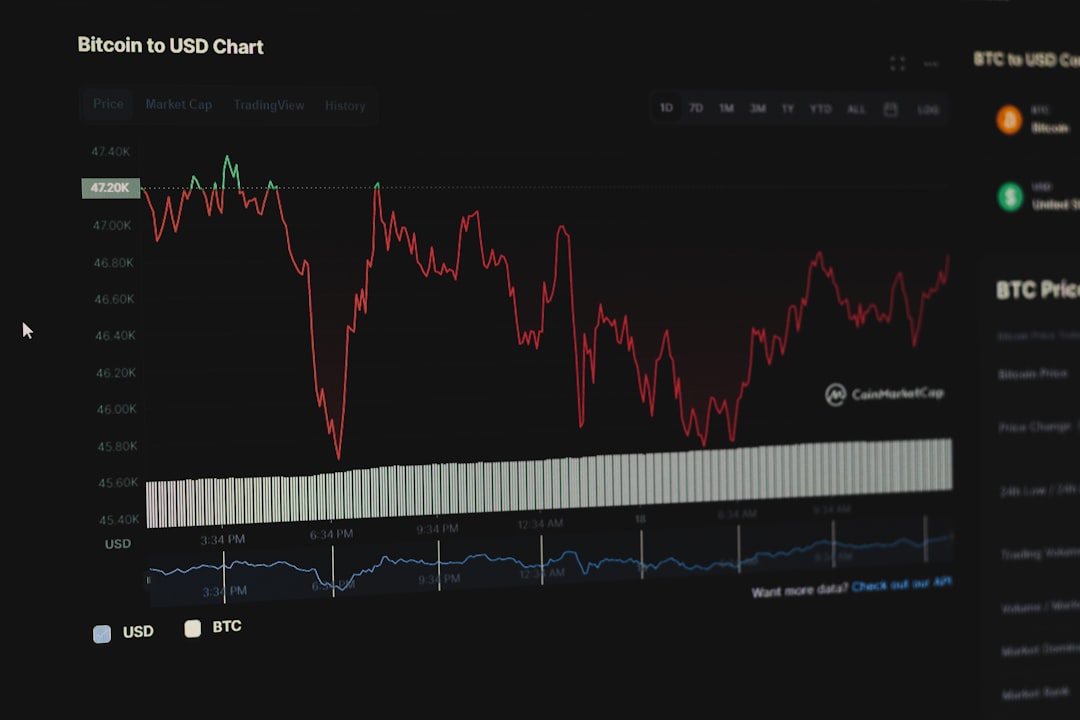In the fast-evolving landscape of sports analytics, Synergy Sports has positioned itself as a leading platform for performance analysis, scouting, and video review. As teams and organizations increasingly adopt data-centric decision-making processes, understanding the structure and functionality of user roles within the Synergy Sports system becomes paramount. Specifically, the roles of Coaches, Analysts, and Administrators each serve specialized functions that ensure secure, efficient, and impactful use of Synergy’s powerful tools.
This article takes a comprehensive look at these three critical user roles, the permissions they hold, and best practices for managing access in professional sports organizations utilizing Synergy Sports.
Understanding User Management in Synergy Sports
The foundation of effective Synergy Sports platform usage begins with correctly assigning and managing user roles. Each role comes with a specific set of permissions, tailored to fit the professional responsibilities of that user type. These permissions not only help maintain system security but also ensure that team members access only the tools they need, preserving data integrity while encouraging collaboration.
In general, Synergy Sports supports three main user identities:
- Coaches
- Analysts
- Admins
1. Coaches: Action-Oriented, Video-Focused Role
Coaches are the primary beneficiaries of Synergy’s video breakdowns and game analytics. Their role is centered on applying insights to game preparation, opponent scouting, and player development. Within the platform, coaches are granted permissions that allow them access to:
- Team and opponent game footage
- Video playlists created by analysts
- Statistical breakdown summaries
- Playback tools with advanced filtering options
Key Restrictions: Coaches typically do not have access to administrative settings or raw data exports. Their interaction is kept streamlined to ensure that focus remains on tactical breakdowns and in-practice functionality rather than system configurations.

Ideal Use Case: A head coach preparing for an upcoming playoff game might use Synergy to review an opponent’s last five games, filtering plays involving pick-and-roll defense and then sharing relevant clips with the assistant coaching team.
2. Analysts: Data-Driven Problem Solvers
Analysts are at the heart of Synergy’s data manipulation and insight generation capabilities. Unlike coaches, analysts are typically more data-savvy and utilize in-depth tools to study trends, performance metrics, and game efficiencies. Analysts have extended capabilities within the platform, including access to:
- Full statistical exports in formats compatible with third-party tools
- Advanced video query builders for custom scouting reports
- Data visualization dashboards and integration modules
- Ability to annotate and tag video clips for team sharing
Key Restrictions: Analysts usually do not have access to administrative controls like user management or billing information. They operate within the data and performance domains, enabling strategic and tactical recommendations based on evidence.
Ideal Use Case: An analyst may identify that a player’s defensive rating drops significantly in man coverage situations after the 30-minute mark. This insight could be vital for coaches in planning substitution rotations and defensive assignments.
Collaboration Between Coaches and Analysts
One of Synergy Sports’ strengths is its seamless collaboration features. Analysts can create custom playlists and annotation sets that coaches easily access through their accounts. This symbiotic relationship fosters faster decision-making and helps organizational knowledge flow consistently from data to on-court action.

3. Admins: Organizational Gatekeepers
Administrators, or Admins, have full oversight and control of the Synergy platform within their team or organization. Their main focus lies in configuration, user management, and ensuring the secure and proper flow of data and permissions across departments.
Admins have access to all organizational settings, including:
- User account creation, deactivation, and role assignment
- Subscribing to specific datasets (e.g., international games, developmental leagues)
- Monitoring usage metrics and login audits
- Setting content permissions across the organization
- Handling billing and contract renewals
Key Responsibilities: Admins play a crucial governance role. They prevent unauthorized access, manage licensing, and ensure the user base adheres to data privacy and user protocol standards. Admins often coordinate with Synergy’s technical support for system-level issues and updates.
Ideal Use Case: Before the start of a new season, an Admin may onboard new coaching staff by setting up their Synergy profiles, assigning them correct permissions, and ensuring each department has access to the league data packages relevant to their role.
Best Practices for Role Assignment
Properly assigning roles in Synergy is not just a technical task—it fundamentally impacts team efficiency. Role misassignment can lead to data mismanagement, unauthorized access, or even disruption of daily workflows. Below are best practices to follow when configuring user roles:
- Separate Duties Clearly: Ensure coaches, analysts, and admins only have access to the tools necessary for their function.
- Limit Admin Access: Reserve full admin permissions to a small number of trained staff to minimize security risks.
- Regular Role Reviews: Conduct quarterly reviews to maintain role accuracy, especially after personnel changes.
- Training and Onboarding: Offer training specific to user roles. For example, hold analyst-focused sessions on query building and video tagging best practices.
- Use Custom Labels or Tags: Analysts and coaches can build a shared lexicon for video tagging, improving searchability and communication.
Security Implications of Mismanaged Roles
Access control is one of the most critical aspects of data security in any digital platform—including Synergy Sports. A coach with analytics permissions might inadvertently export confidential data, while an analyst with admin rights might alter user access unintentionally. These scenarios demonstrate why role management is not merely procedural—it directly affects confidentiality and operational integrity.
Admins should routinely audit access logs and permission settings as part of their compliance checklists. Tools built into Synergy can help track usage and analyze user behavior, flagging irregular activity and preventing data misuse.
The Future of Role-Based Access Control in Sports Analytics
As platforms like Synergy grow more sophisticated, future iterations are likely to include even more granular permission levels, AI-assisted user behavior analytics, and deeper integrations with other team operations software. In such ecosystems, user role definitions will become even more critical in maintaining a streamlined and secure digital sports strategy environment.

Moreover, we can expect enhanced customization of user interfaces depending on role—a coach’s dashboard may look very different from an analyst’s in terms of layout and priority features. This role-based UX design enriches usability and helps each member focus on what matters most to their performance objectives.
Conclusion
In a high-performance sports organization, roles are more than titles—they are structured responsibilities backed by systems built for precision and accountability. By fully understanding the distinctions and permissions of Coaches, Analysts, and Admins within Synergy Sports, leaders can deploy the platform to its fullest potential. Doing so not only enhances coaching effectiveness and analytical depth but also supports responsible platform governance and data stewardship.
With the right people in the right roles, Synergy Sports becomes more than a tool—it becomes a competitive advantage.
